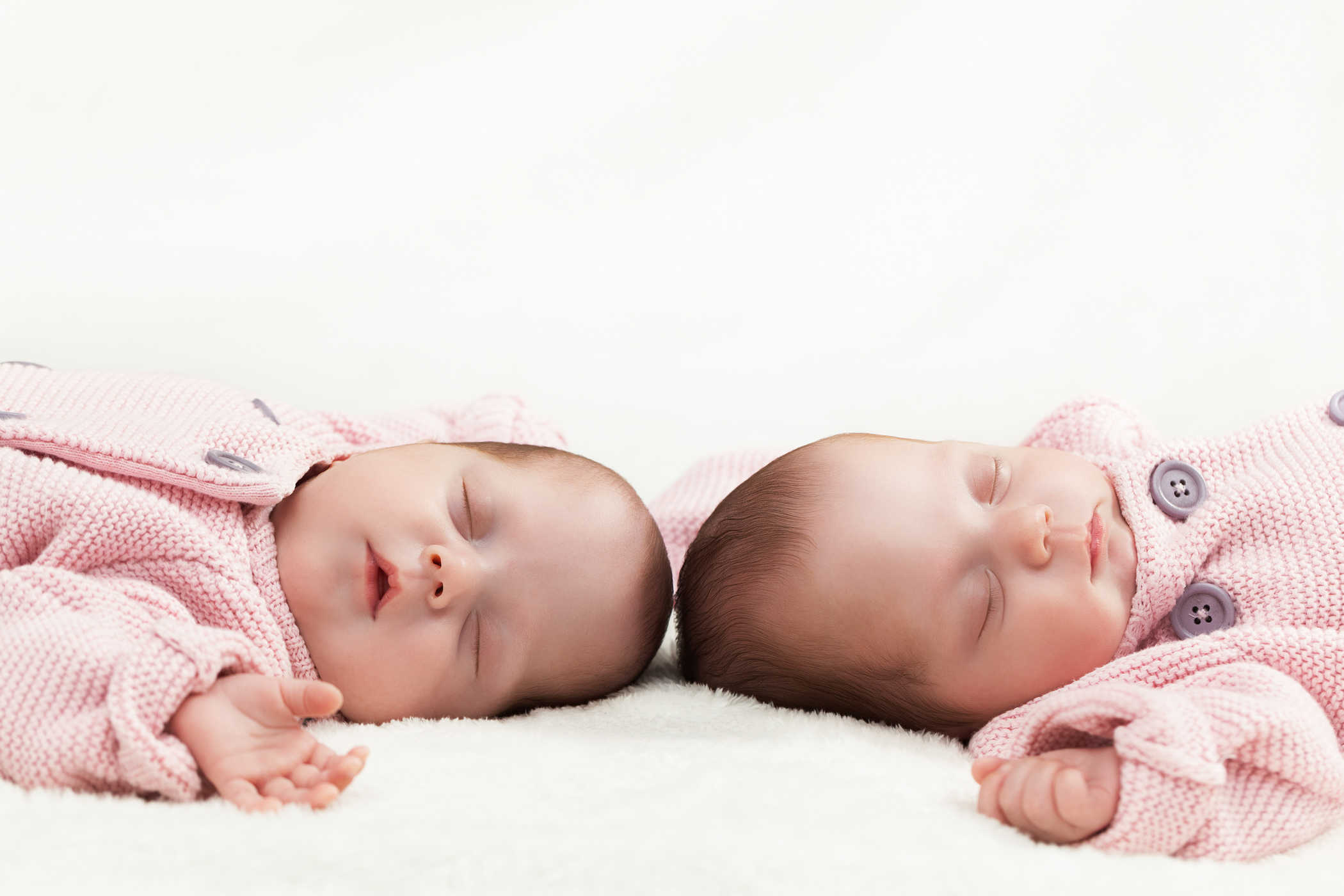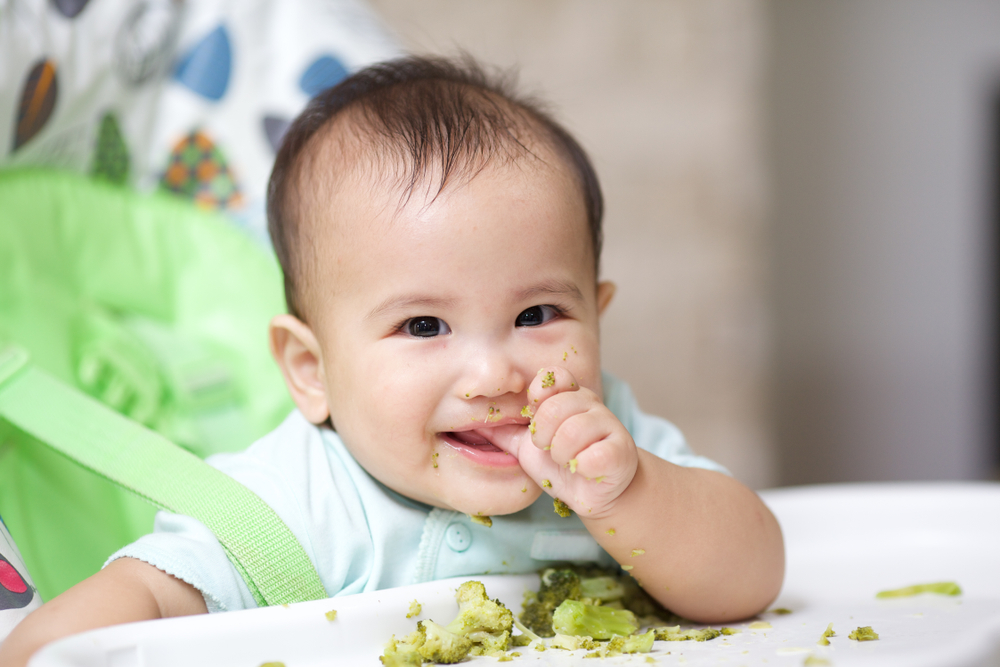Contents:
Medical Video: Mom Thinks She's Having Twins, But Drs Quickly Learn She's Making History With Rare Delivery
Although the presence of twins in family tree can increase your chances of having twins, heredity is not absolutely necessary for you to be able to conceive identical twins.
Are genetic factors important for having twins?
Fraternal twins, often referred to as identical twins or different twins of eggs, occur when the mother's uterus releases more than one different egg at a time (dizygotic). In other words, it ovulates more than once per menstrual cycle. About 12 pairs of fraternal twins are born in every 1000 birth rates.
Fraternal twins are the result of two fertilized eggs simultaneously. Ovulation is a natural process that is controlled by the work of many genes. Some women have a version (allele) of genes that makes them more likely to experience hyperovulation. That is, there is a greater possibility that two eggs can be fertilized at one time.
Genes play a large role in determining fraternal twins, but genes that cause a woman to be able to contain fraternal twins are unknown. One theory is that the hormone FSH level, aka follicle-stimulating hormone, may be higher in mothers who contain fraternal twins.
FSH is needed for egg growth and is commonly used as a fertility drug. Mothers of fraternal twins tend to have higher posture and have shorter menstrual cycles. This characteristic can also be caused by high hormone levels.
Ethnic background is also influential
In addition, ethnic backgrounds - which are also genetics - also play an important role in the chances of becoming pregnant with twins. For example, an African-African woman has twice the chance of becoming pregnant with fraternal twins than white women, and four times more likely than Asian women.
Because they come from different sperm-egg pairs, the DNA of the two fraternal twins will be different. In fact, DNA from fraternal twins is no more similar than other siblings' DNA. This is also the reason why many of the fraternal twins are boys and girls.
Meanwhile, identical twins are the result of the division of one embryo - from one fertilized egg - which then divides into two during pregnancy. That is, these two embryos have the same genes and DNA. This is the reason why identical twins will be difficult to distinguish, even though their fingerprints remain different.
Nearly all women have the same chance of conceiving identical twins, because in identical twin pregnancies, no genes are involved. This also does not decrease in the family. The occurrence of a splitting embryo is a random alias event random which happens by chance and is rare.
How do I know if I am pregnant with identical twins?
You may want to know as early as possible in your pregnancy if the twins you are pregnant are identical or not. Apart from curiosity, knowing whether or not the two fetuses share the placenta (monocorionic twins), it will help doctors and midwives to adapt to the treatments they are doing to deal with potential complications.
Reporting from Baby CenterYour sonogram technician will scan your baby and their placenta during an ultrasound scan in your first trimester. This must be done before your pregnancy reaches 14 weeks.
Your identical twins may be categorized as:
- Dichorionic diamniotic (DCDA): each baby has its own placenta and separate inner and outer membranes for each. DCDA is one third of the cases of identical twins and identical non-twins. So, DCDA twins can be identical, or not.
- Monochorionic diamniotic (MCDA): both infants share a single placenta and a single outer membrane, but each has a separate inner membrane. MCDA twins are a case of two-thirds of identical twins, so MCDA twins are the most common type of identical twin. MCDA twins are identical twins.
- Monochorionic monoamniotic (MCMA): both babies share the placenta, the inner membrane, and the outer membrane. MCMA twins are very rare, only 1% of identical twin births. MCMA twins are identical twins.
If your sonogram technician is not sure if your baby is sharing a placenta, he will do a second scan and maybe look for a second opinion.
Ultrasound scanning is generally an accurate way to determine whether your baby is sharing a placenta or not. However, there is no guarantee that sonogram technicians will find out if you are pregnant with identical or not identical twins. Sharing the placenta is probably a sign of identical twins, but using placenta alone is not a definite guideline, because even the placenta from non-identical twins can coalesce.












